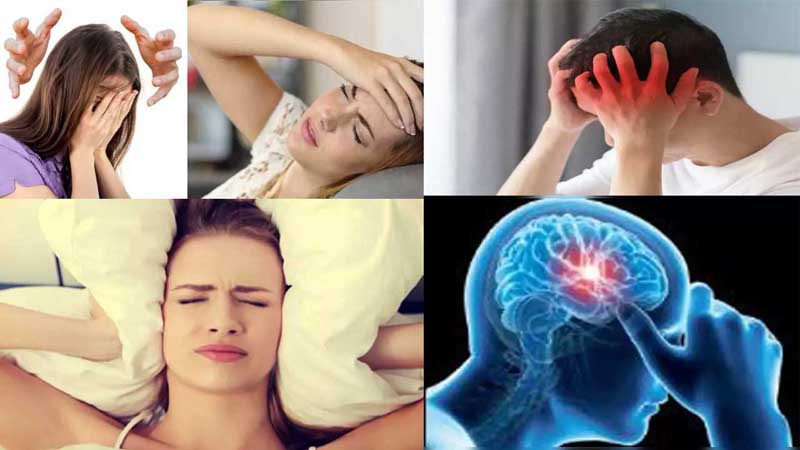Symptoms And Causes Of Migraine Headaches In Teenagers
Migraine headaches are not uncommon in teens. These are the migraine headaches that can come during adolescence.
Headaches can also occur during adolescence. But the migraine problem that comes from time to time and causes abuse is to be noticed.
Migraine is a bad headache. Because it is a complex neurological condition. These symptoms are embarrassing, often caused by changes in the neural function of the brain muscles. This pain can make them weak. May be paralyzed.
Migraine
Unbearable migraines can last from four to 72 hours. Sometimes it can be up to even longer hours. Even children as young as five or younger can get migraines. But this may only be short-lived for them. It is an episodic disease.
This migraine can occur once a week, once a month, or even once a year. This may vary from person to person. Adolescents may experience headaches every day due to muscle cramps. It is not associated with a single headache.
Stages of migraine
Older children and young people experience more painful conditions during the migraine impact. Let's look at each of these levels.
Program It starts 24 hours before a migraine attack. At this point, some people experience irritability and some intense emotions.
The next stage is called aura in which teenagers experience extreme sensitivity to light and sound. For some, it can be a nuisance. Many will see different patterns.
Headache can be a very long phase. The pain experienced in this teenage area is excruciating. People will feel weak, tired, and lethargic after the headache subsides. At this point, some people will face a confusing mood.
Causes of migraine headaches in teens
Migraine in adolescence can last for many years. Some people may have this migraine for the rest of their lives. The exact reasons for this have not been identified. Recent studies, however, include chemical changes in the brain due to the hyperexcitability of brain cells. It affects their perceptions and perceptions. The result is an aura phase of migraine.
When viewed in the next stage, the abnormal activity of brain cells causes headaches that last for hours. Some researchers say that migraine headaches trigger abnormal brain cell function. This abnormality can spread from one part of the bud to the other. Thus cortisol inhibits the communication of depressed nerve cells.
Migraines are more common in teenage girls than in boys. For women the female hormones estrogen cause headaches. Increasing the levels of these hormones during puberty. This can lead to chronic headaches. Puberty can cause teenage migraines.
Migraines can also be hereditary. If one of the parents has a migraine the children have a 50% chance of getting it. At the same time, it is not contagious.
Migraine symptoms in teens
Adolescents who experience migraines can confirm migraines with these symptoms. Unbearable headache, tension controlled on one side of the head, nausea is a common symptom when taking painkillers for headaches.
Symptoms of migraine include increased sensitivity to light, sound, and smell in some cases, sweating, changes in body temperature, and in rare cases abdominal pain, numbness, and loss of vision.
Some may have zigzag lines, blurred vision, spots, patches, stiff neck, and difficulty speaking. Each time a headache occurs a person will get more of the same symptoms. So go and check without delay ignoring the symptoms.
Things to avoid for teens
Causes of Migraine Causes of migraines in teens should be avoided. If your child has had a migraine problem since adolescence, avoid high noise, bright lights, strong odors, insomnia, stressful activities, foods with preservatives such as alcohol, high caffeine, sulfate, monosodium glutamate, and even additives May.
They can get migraine attacks if consumed with chocolate, apple skins, bananas, black tea, or tannins. However, the trigger for this migraine varies from person to person. To know what triggers migraines in teens, you need to look at the symptoms that occur whenever a headache occurs. Proper medical treatment can reduce the severity of migraine headaches.





0 Comments
We Love and Respect you a lot so please do not enter any spam link in the comment box.